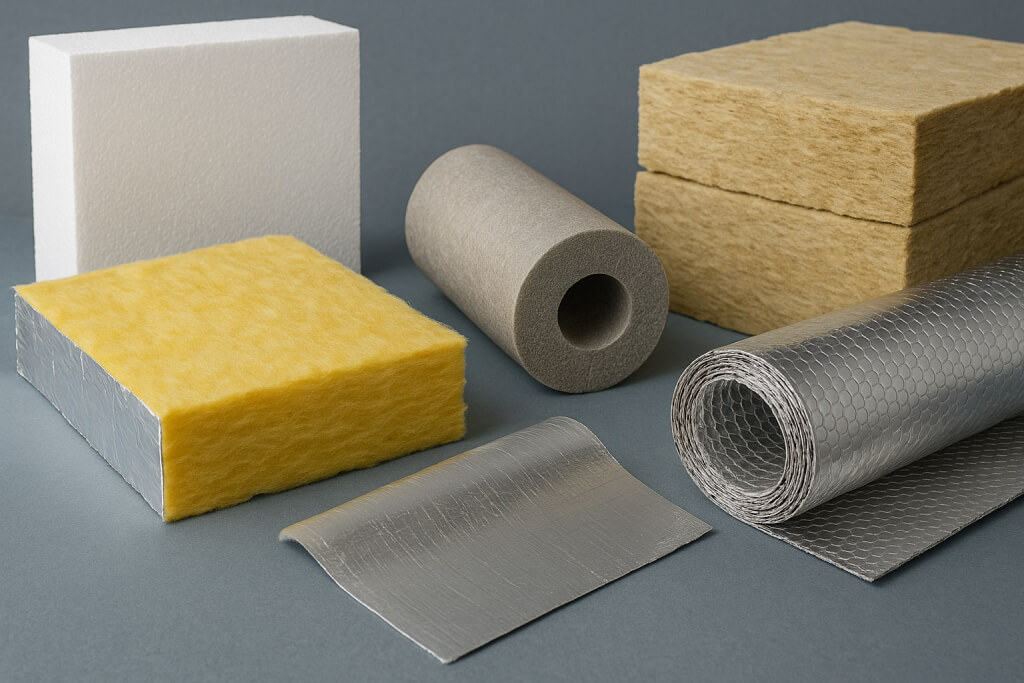
Brodie Generational Capital Partners, LLC Announces Acquisition of Sur-Seal, LLC, a Leading Advanced Materials Converting Platform. Radnor, PA and Charlotte,...

Thermal insulation helps control heat transfer, reduces energy consumption, and enhances efficiency across many industries. Whether it’s preventing heat loss in HVAC systems, optimizing manufacturing processes, or ensuring safe operations in industrial environments, choosing the right thermal insulation material can significantly impact performance and cost savings.
Thermal insulation is the process of reducing heat transfer between materials to maintain temperature stability and improve energy efficiency. It is widely used across industries to minimize energy loss, enhance system performance, and protect equipment from extreme temperatures.
Thermal insulated materials work by limiting conduction, convection, and radiation – the three main methods of heat transfer. The effectiveness of an insulation material is measured by its thermal conductivity (lower is better) and its ability to maintain structural integrity under extreme temperatures.
Types of Heat Transfer:
Selecting the appropriate insulation material improves efficiency, reduces energy loss, and enhances safety across industries.
In HVAC applications, high-quality insulation materials are essential to ensure energy efficiency, performance longevity and system reliability. Properly fitted and durable components, from door seals to pipe insulators, are crucial in preventing energy loss and maintaining climate control.
Sur-Seal offers precision die-cut materials tailored for HVAC applications including:
We work with a variety of proprietary materials to meet industry demands, including:
Our Climate Control Market solutions provide HVAC businesses with innovative insulation materials designed to enhance system efficiency and reduce energy waste.
In manufacturing environments, insulation materials must withstand high temperatures, mechanical stress, and chemical exposure. Proper insulation enhances operational efficiency and worker safety.
Sur-Seal provides tailor-made insulation solutions using:
By leveraging cutting-edge manufacturing techniques, we ensure high-quality insulation materials that improve efficiency, performance, and cost-effectiveness in manufacturing environments.
Industrial operations demand high-performance insulation solutions that enhance efficiency, durability, and cost-effectiveness. From acoustical suppression to thermal management, the right materials can significantly improve product performance, reduce energy loss, and streamline production.
Sur-Seal provides custom-cut insulation solutions designed to enhance thermal, acoustical, and mechanical performance, including:
Selecting the best thermal insulation material depends on factors such as:
Thermal insulation is a critical component across various industries, from HVAC systems to manufacturing plants and industrial operations. Understanding the best insulation materials available helps businesses enhance energy efficiency, improve safety, and reduce long-term costs.
For expert guidance on selecting the right heating insulation solution for your industry, contact us today.